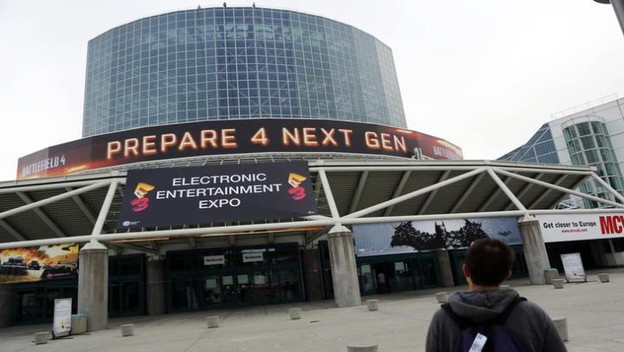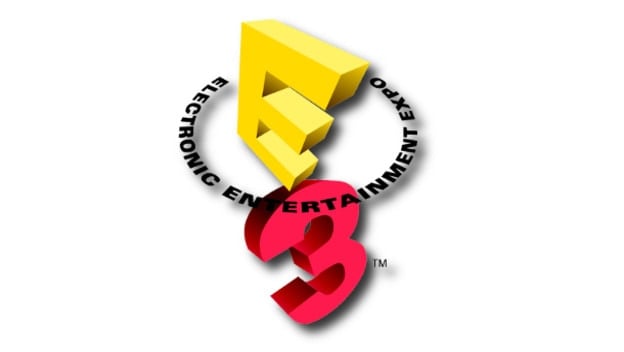E3 Press Conferences. For the gaming media, they are awesome. They are a huge celebration of a company’s upcoming products, allowing everyone who watches to become hyped and happy about the future of gaming. They are a bizarre combination of discussion panel, concert, and awards ceremony, and there’s nothing else quite like them.
But, at the same time, technology is starting to leave press conferences behind in an interesting way. Back before everything was livestreamed, there were announcements at these press conferences that you could only get by going to the press conference and seeing it. You would report on it, and since things weren’t livestreamed, the person who posted their updates the quickest would get the most hits, because, “Hey! Look! New video game info!”
However, these days there’s literally no way any outlet can post any quicker than the companies themselves. Every single conference is livestreamed, meaning everyone can get the info as soon as it is revealed, and afterward they can just as easily watch the replay of whatever press conference they missed.
Many, including myself, have said that this has made press conferences obsolete. Nintendo knows this quite well and has done away with the traditional press conference at E3, instead making their presentation wholly digital. Everyone still tunes in to report about it, and pretty much every title that they announce is available to play at their booth. In some years, Nintendo has even allowed journalists to watch the conference from their booth, and then be the first to try out all the new games. This is perfect, as it allows the journalists who would otherwise be sitting in a theater seat just watching Nintendo’s reveal to get much needed hands-on impressions out to the gaming public ASAP. This is only one way press conferences have been evolving.
Other press conferences, like Sony’s and EA’s, have gone down a different route. They include demo stations right at the press conference itself. This allows journalists to get hands-on experience with games before the convention even opens. Once again, this allows info to be given to the gaming public that can’t be gotten simply by tuning in to a live-stream.
Still other press conferences give their attendees special codes to access demos and betas that no one else can access. Once again, this gives the journalists in attendance info that internet watchers do not have. Ubisoft did this a few years ago.
This is the key. You see, trailers are only so important these days. Back when you couldn’t post your video up to the internet for millions to see all at once, seeing an exclusive trailer was really something special. Now, it’s not, but that doesn’t mean that exclusivity is lost.

Exclusivity is the real reason why these press conferences are important. In the past, the consumer could not watch these press conferences, and so reporting from them was a way to bring them there, through a third party. Now, everyone can, but few can actually play the games showcased. Thus, as press conferences evolve, it’s going to be gameplay that really sets them apart from all the other E3 events. It’s another way to bring the audience to E3, even if they are just sitting home at their desk.
Of course, certain companies are now starting to allow gamers to download E3 demos during E3, so press conferences will have to evolve yet again soon enough.
